You scroll through an endless tunnel of stimulation, getting high off dopamine hits and mindlessly consuming content. Your thumb caresses a slab of glass over and over again, perhaps hitting cracks you’ve neglected—”I should really replace my screen protector,” you think for the thirteenth time this month (I am likely projecting here). Every short-form video you watch begins to blend together in a mixture of monotony until you stop for a moment and open the comments section.
Your tired eyes, strained from the blue light, are met with scathing remarks from thousands of strangers across the world. They’re all doing the same thing you are, yet they’ve opted to open their keyboards and string together sentences of malice, intentions ranging from humiliation to some form of twisted humor. You can’t help but wonder, once they shut off their mobile devices and are re-acquainted with reality, don’t they feel guilty?
With the opening of an anonymous forum, naturally, comes those who take advantage of the shield that is the screen. While they may have evolved from quips like, “This video is terrible” to “post this on ig reels,” hate comments have existed since the genesis of the Internet. However, online hate speech has risen 20% since the pandemic, revealing a connection between time spent on the Internet and isolation with hostile comments. But why has a feature intended for productive interaction become a warzone governed by the angriest among us?
Anonymity is a comfort blanket in online endeavors, seemingly concealing identity and allowing us to reject societal morality norms. Psychologically, bullying usually stems from a need to compensate for insecurities, emotional turbulence, or a desire for attention. Compassion fatigue, a condition that stems from being exposed to negativity, has also led to the suppression of empathy. Exposure to a variety of emotions in a short-form configuration has resulted in mental trauma, leading people to feel numb to sympathy.
In person, there exists a filter, translating inner turmoil into behavior that fits in (or pretends to fit in) with face-to-face communication. The screen scraps the filter, giving users the freedom to say as they please with no consequences.
But consequences do exist in the form of a digital footprint. Imagine your journey on an app like Instagram. As you trek through the woody pines, you leave imprints of your boots in the mud, perhaps dropping some almonds you’ve picked out of your trail mix on the way. Every post you like, every post you save, and every comment you make is recorded in your data.
Now, imagine a trail for every social media app you’ve used. That is one arduous hiking trip—I hope you brought water.
Throughout your wandering, you believe you are concealed. But, on this trail, anonymity does not exist. On the Internet, you are never truly incognito. It goes without saying that device details are communicated to service providers and are often passed onto whichever site you browse on. But it is also worth noting that your fellow users are able to trace you. A majority of people in cyberspace have been on the Internet for a large portion of their lives and, therefore, are well-versed in how to seek out the information they want. Through cross-referencing, citizens have gained research skills comparable to those of professionals.
From a strictly straightforward standpoint, anonymity is unachievable on social media. But say you’ve created accounts under a fake name using a burner phone solely for hate comments. Even then, you would not be completely anonymous, as you would still not achieve personal ignorance. Believing as such would be self-deception. Perhaps consider existentialist philosopher Jean-Paul Sartre’s concept of “bad faith” (mauvaise foi). This concept refers to self-deception or lying to oneself, thus becoming detached from life and ignoring both responsibility and freedom. Sartre believed that our inherent freedom as humans is a blessing and a curse, with a liberating sense of independence and responsibility for our actions. When one convinces themselves that they are anonymous online and avoids taking responsibility for their actions, they commit bad faith. Choices, no matter how one attempts to justify them, come with consequences.
While the eyes of society may be blind to the hands behind the hate speech, you are not. Anonymity in the fullest sense does not exist, as your conscience is completely aware of your actions and will remember the animosity you choose to spew.
Strives toward reform online have encountered roadblocks, with necessary discussions on ethical censorship and community guidelines taking priority. Until solutions are met, it is essential to be thoughtful of your actions on social media and practice empathy and morality. Know that the state of being anonymous is a facade, and your footprints will be engrained in the soil of cyberspace for a time to come.
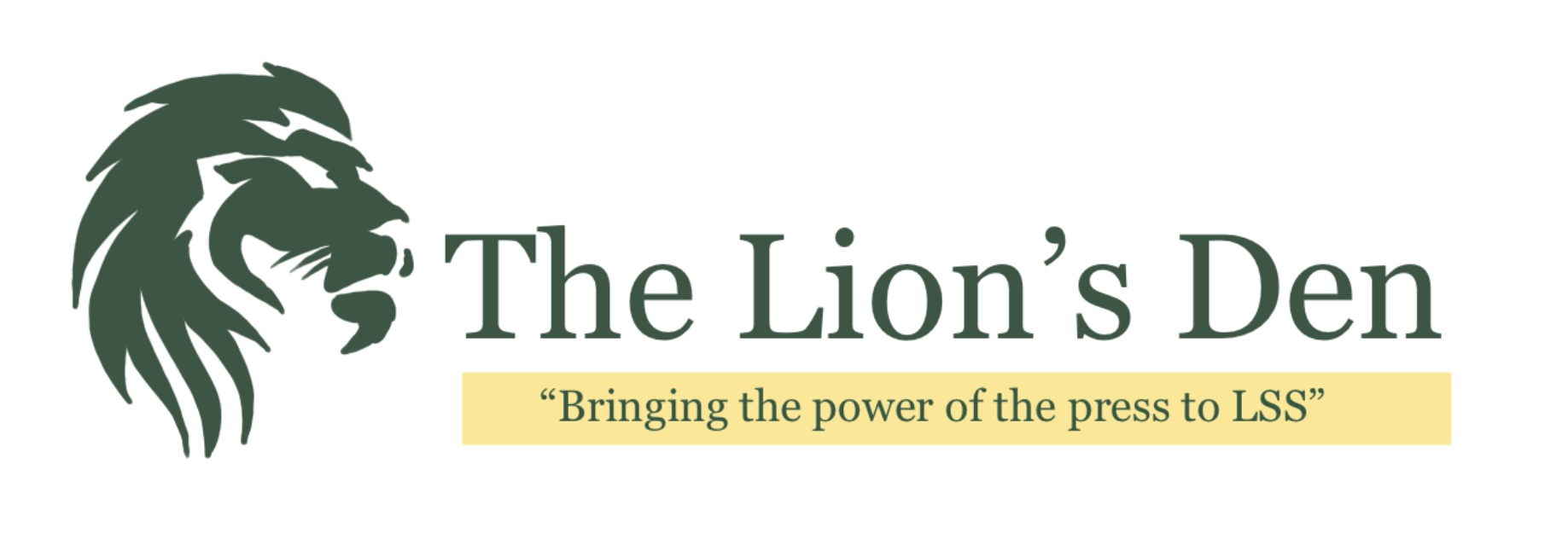


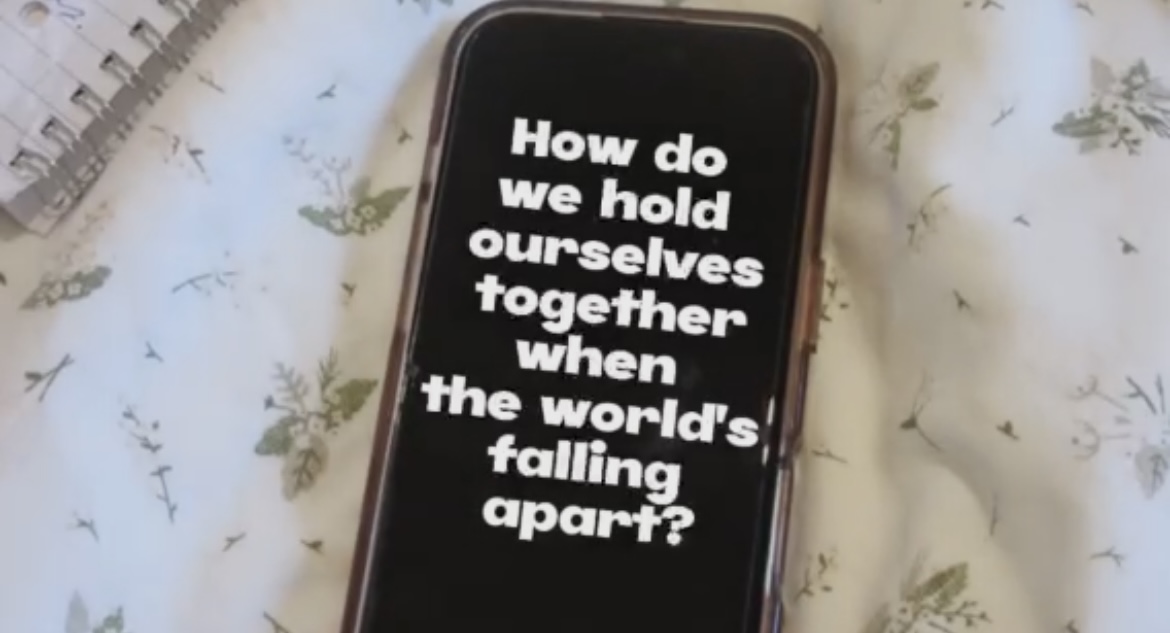
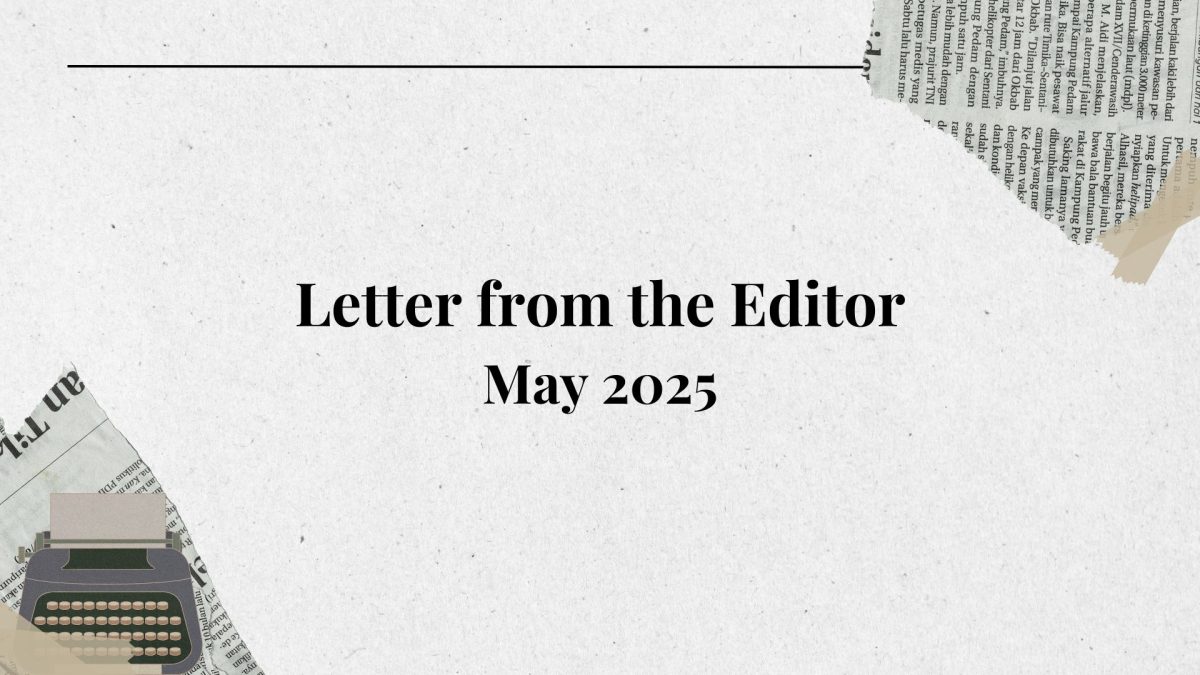
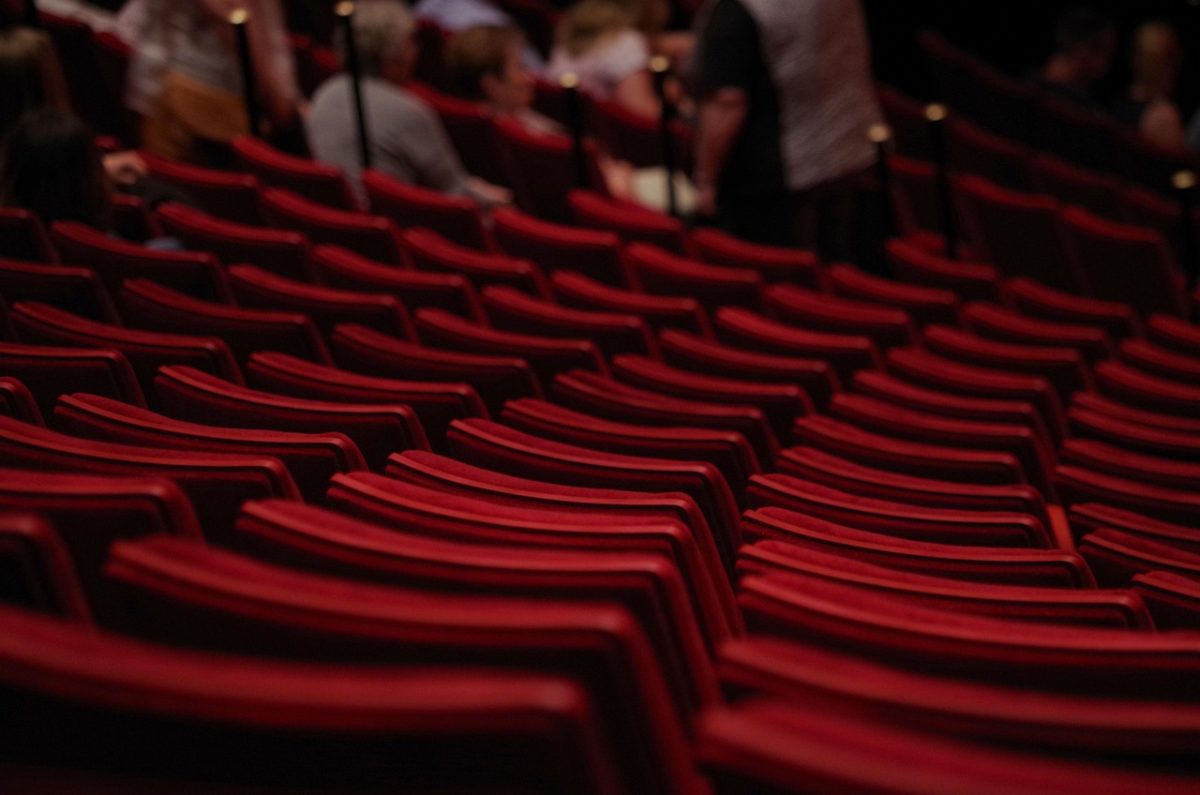



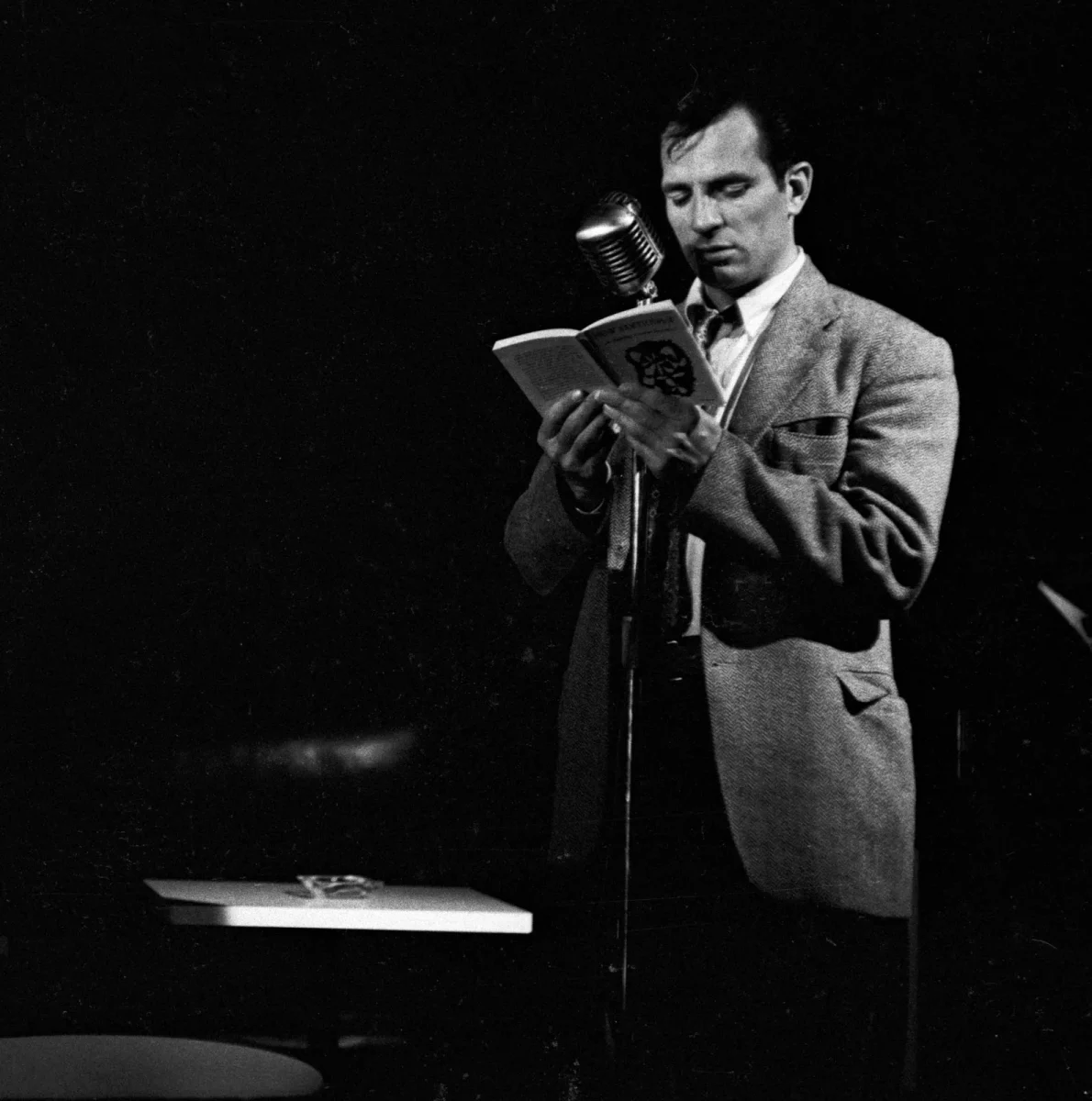

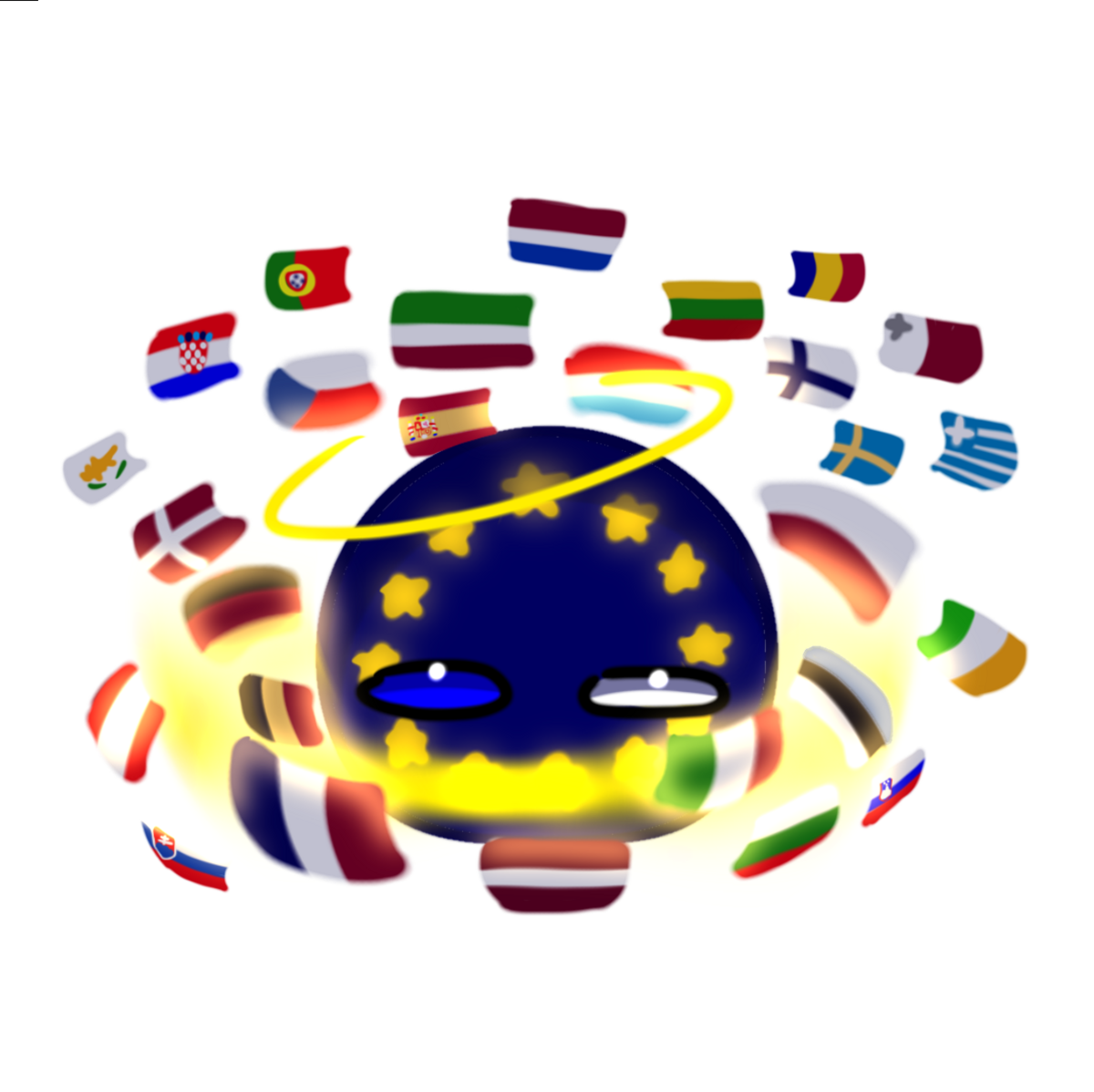

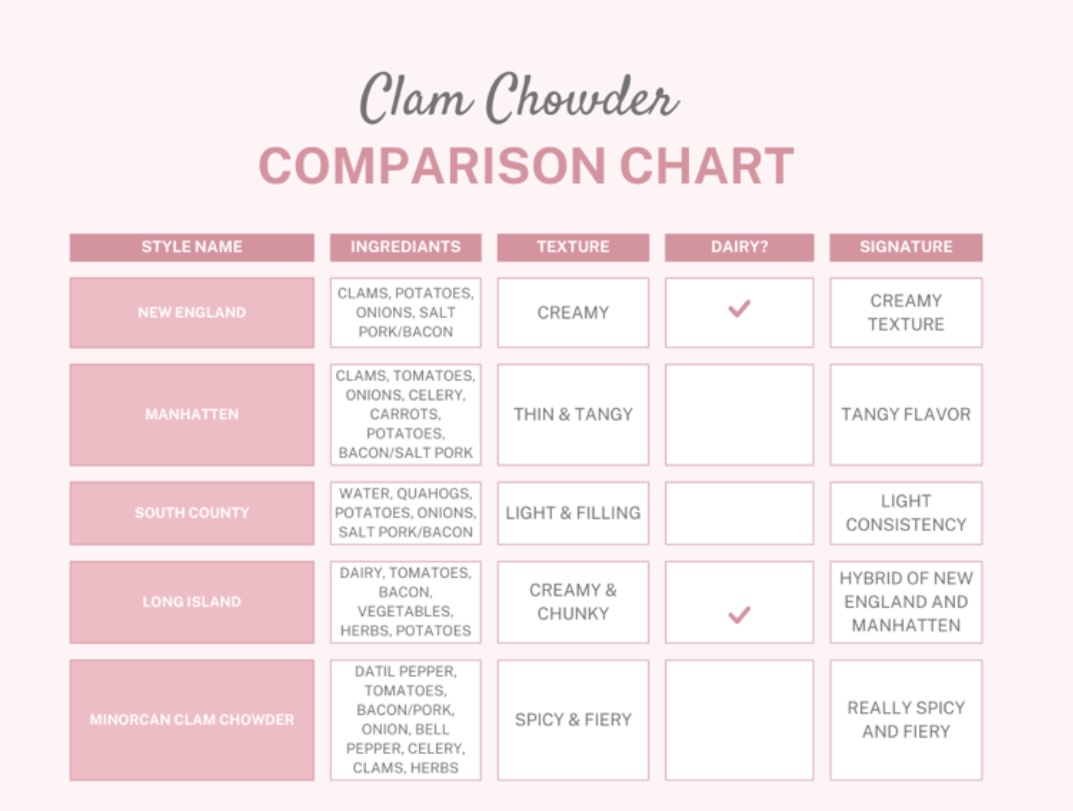









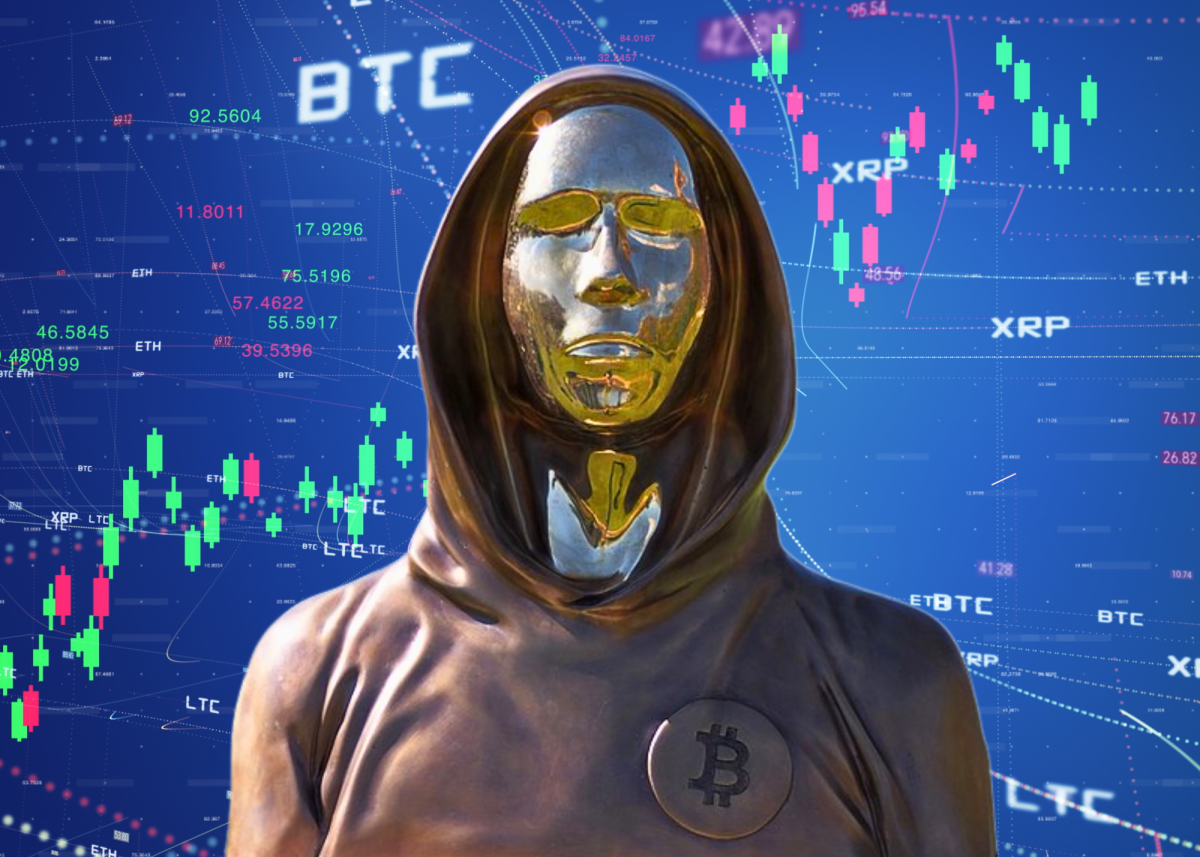

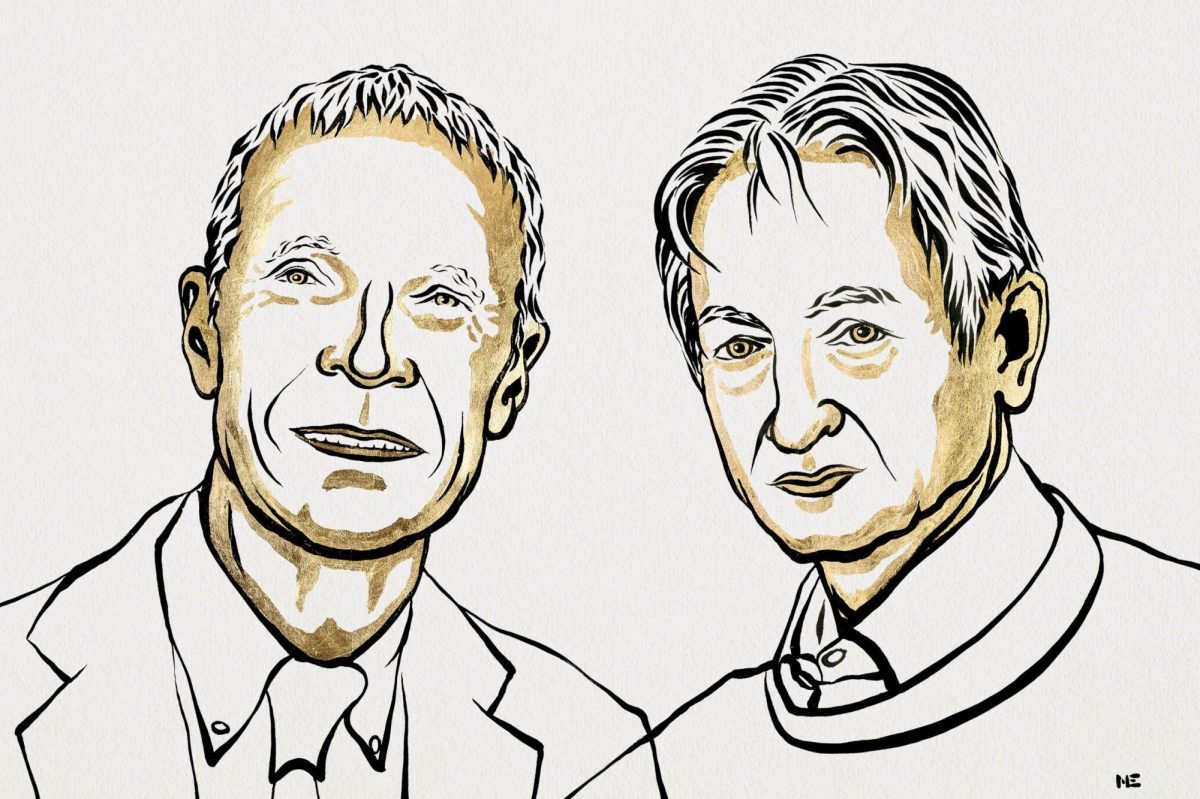

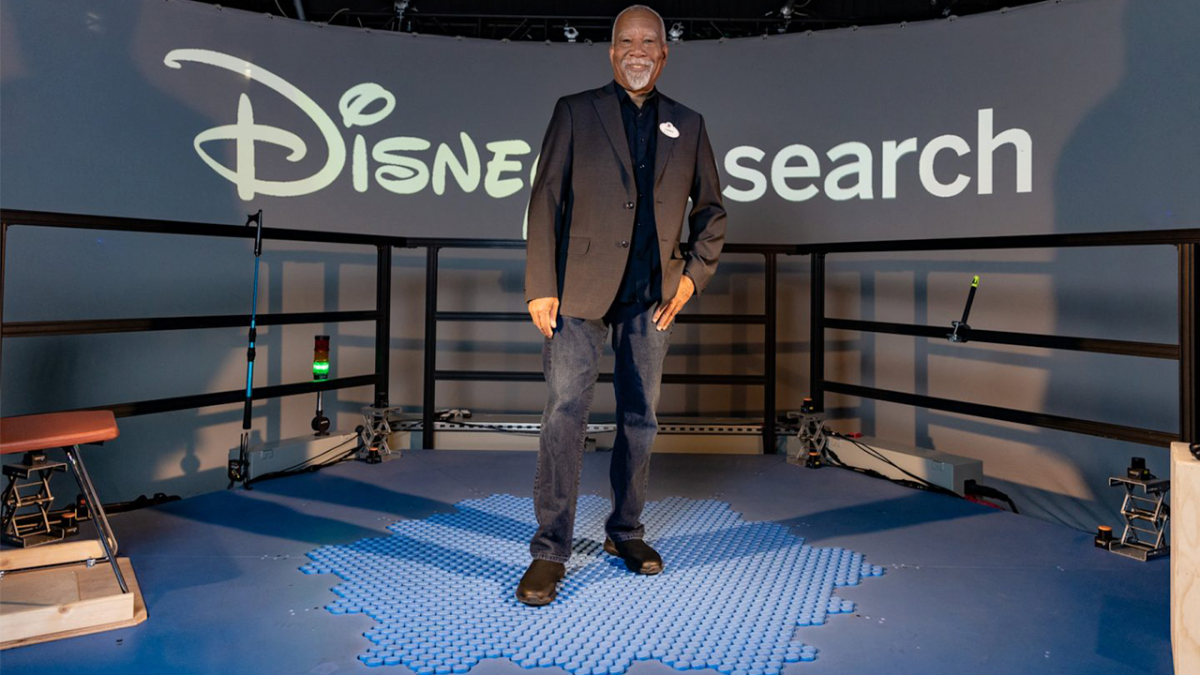
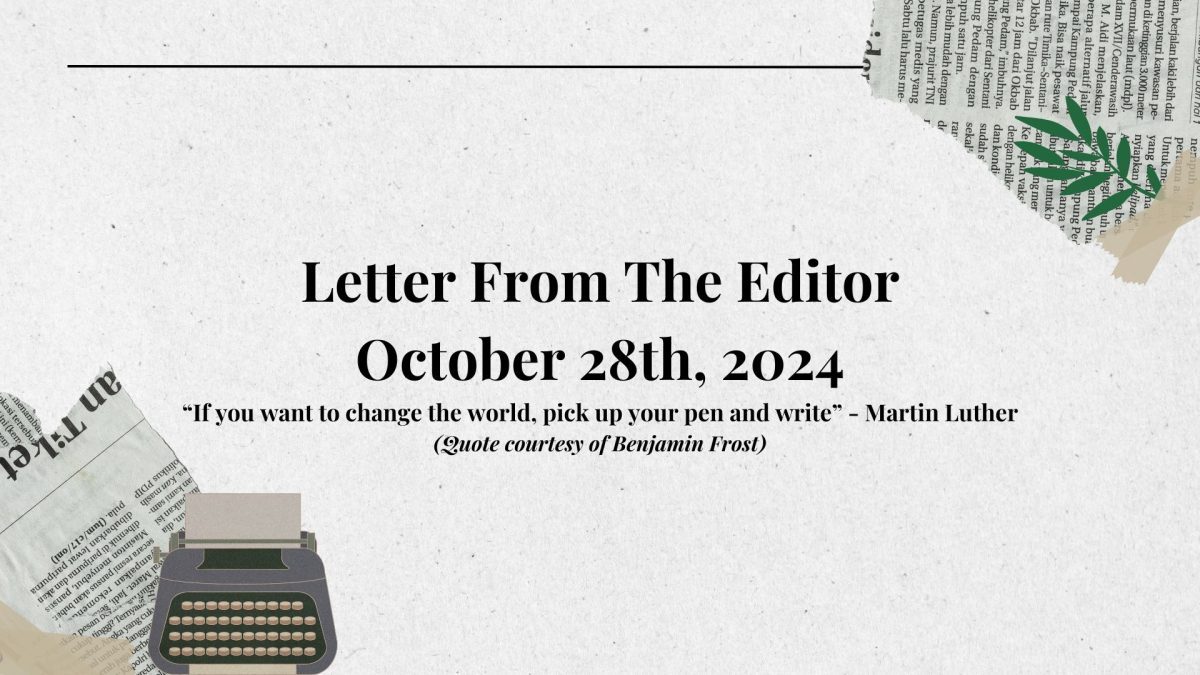











Patricia Stanley • Apr 17, 2025 at 7:16 pm
Thoroughly enjoyed reading such a well written article. It shines a spotlight on a subject that more people should take seriously. Looking forward to more of your work.